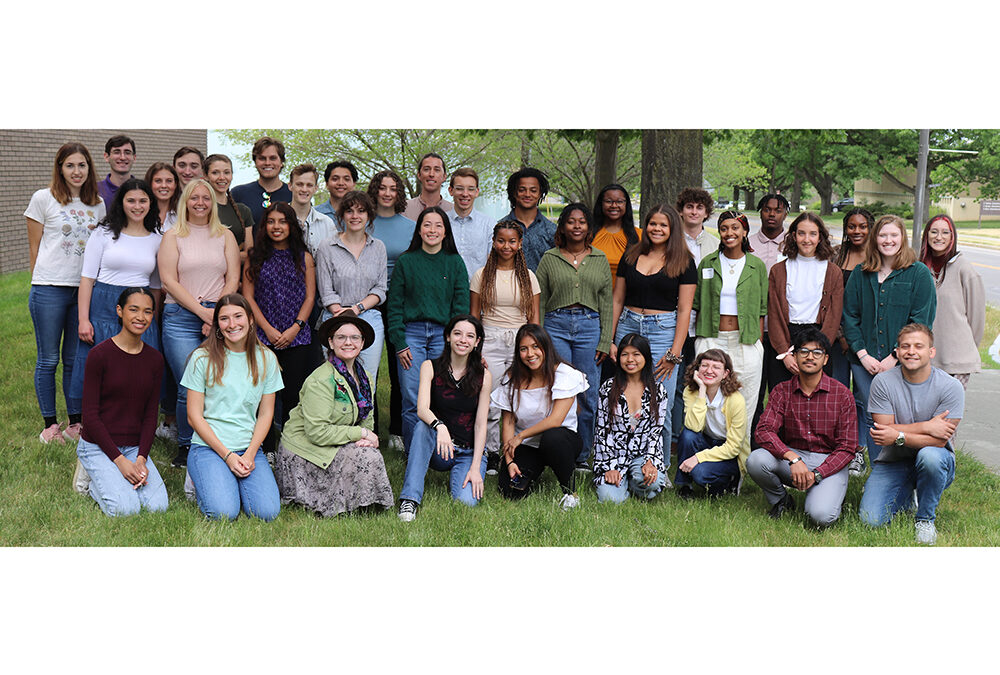


Breedbase software to help speed crop improvement
To help plant breeders speed crop improvement around the world, Lukas Mueller of the Boyce Thompson Institute worked with an international team of 57 people to create Breedbase, a database software that was described in the July issue of G3. “In the current era of...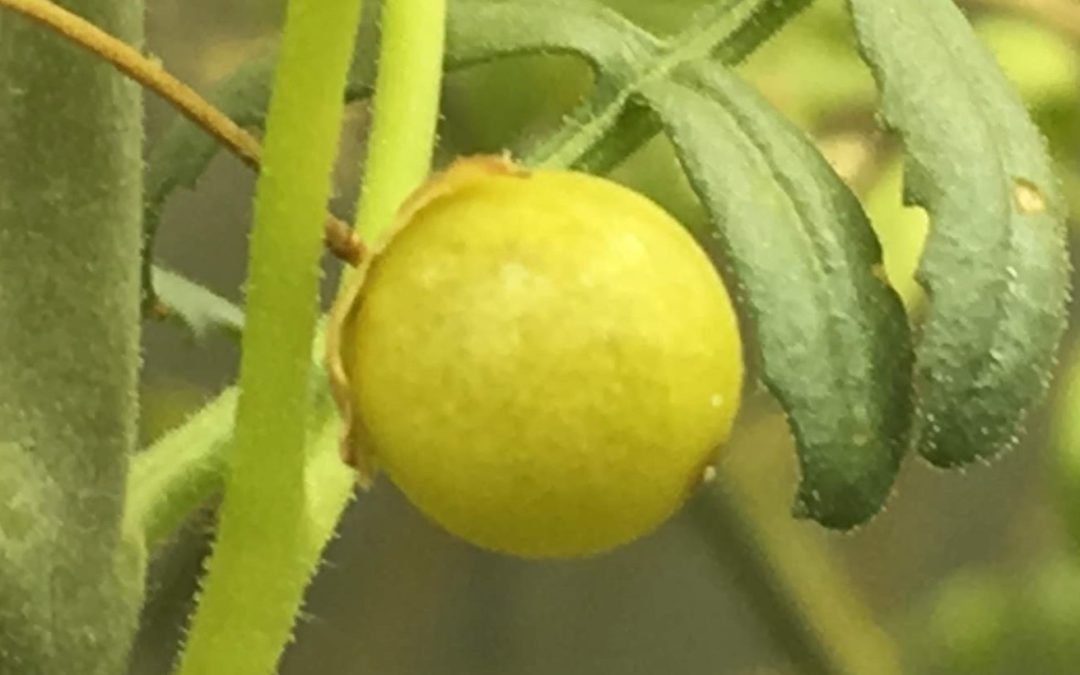
Wild tomato genome will benefit domesticated cousins
Wild relatives of crops are becoming increasingly valuable to plant researchers and breeders. During the process of domestication, crops tend to lose many genes, but wild relatives often retain genes that could be useful – such as genes that confer resistance to...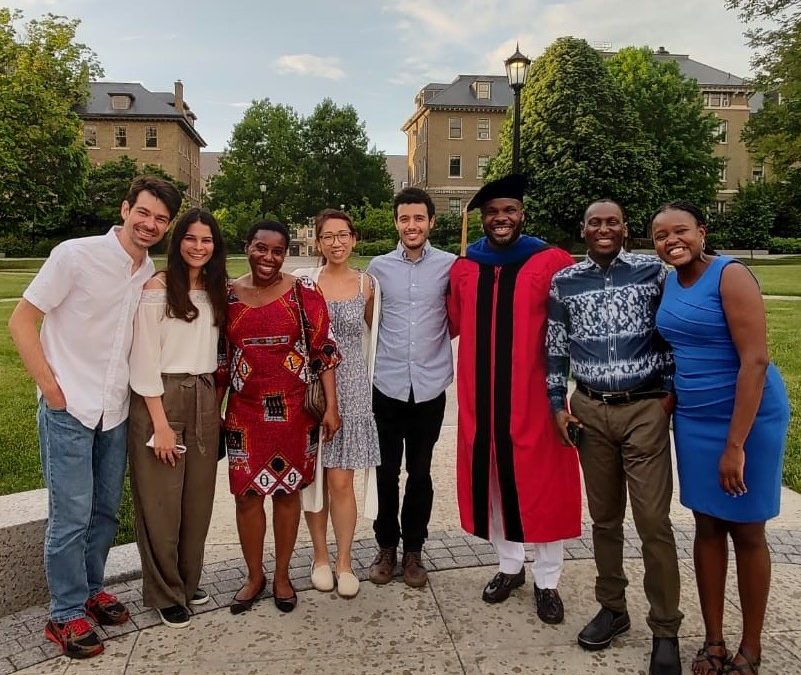
Congratulations to BTI’s Spring 2022 Graduates!
We are pleased to announce that three BTI researchers received their degrees during the Cornell University commencement ceremony on May 28. Congratulations to our newest alumni! Alex Ogbonna, Mueller lab, PhD in Plant Breeding & Genetics, Dissertation title:...
Alex Ogbonna Wins Borlaug Scholar Award from NAPB
Boyce Thompson Institute is proud to congratulate Alex Ogbonna for receiving a 2021 Borlaug Scholar Award from the National Association of Plant Breeders (NAPB). Ogbonna is a Cornell University graduate student in Lukas Mueller’s lab at BTI, where he works to leverage...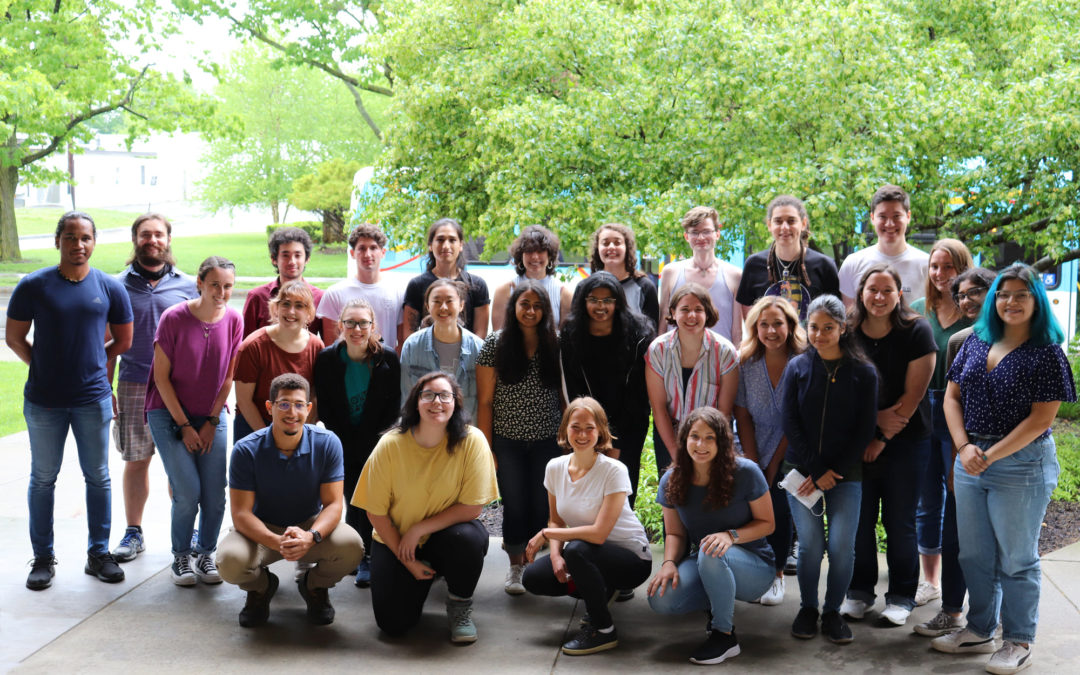
BTI Welcomes Summer Student Interns
On June 1, Boyce Thompson Institute welcomed 28 of the country’s brightest undergraduate students from universities around the country to experience the life of a researcher for 10 weeks. Seven more interns from local area high schools will join the Institute for six...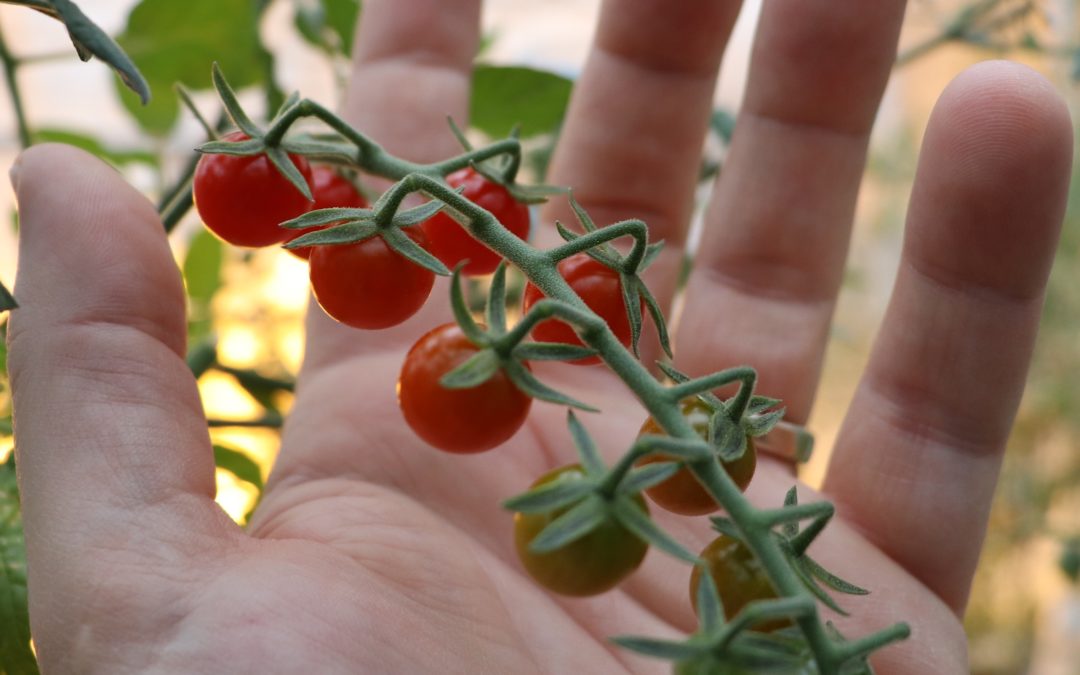
Tomato’s Wild Ancestor Is a Genomic Reservoir for Plant Breeders
Thousands of years ago, people in the region now known as South America began domesticating Solanum pimpinellifolium, a weedy plant with small, intensely flavored fruit. Over time, the plant evolved into S. lycopersicum – the modern cultivated tomato. Although today’s...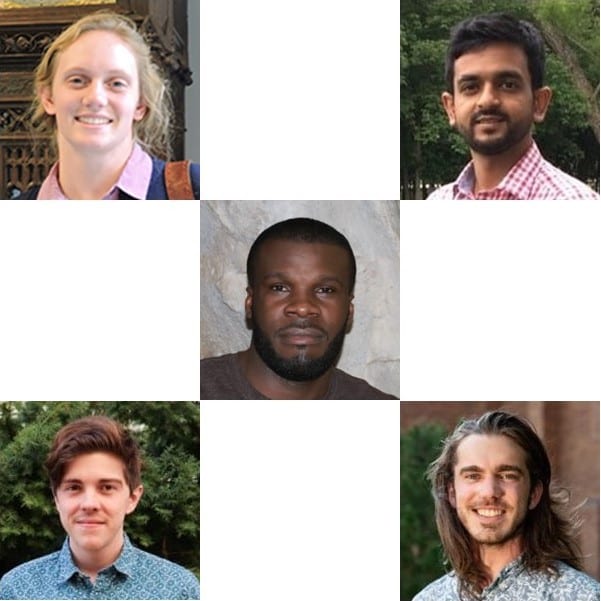
BTI Graduate Students Receive Schmittau-Novak Grants
We would like to congratulate five BTI graduate students who are Spring 2020 Schmittau-Novak Grants Program recipients. Supported by a bequest from the estate of Jean Schmittau in honor of Joseph Novak, Cornell University Plant Biology Professor Emeritus, the...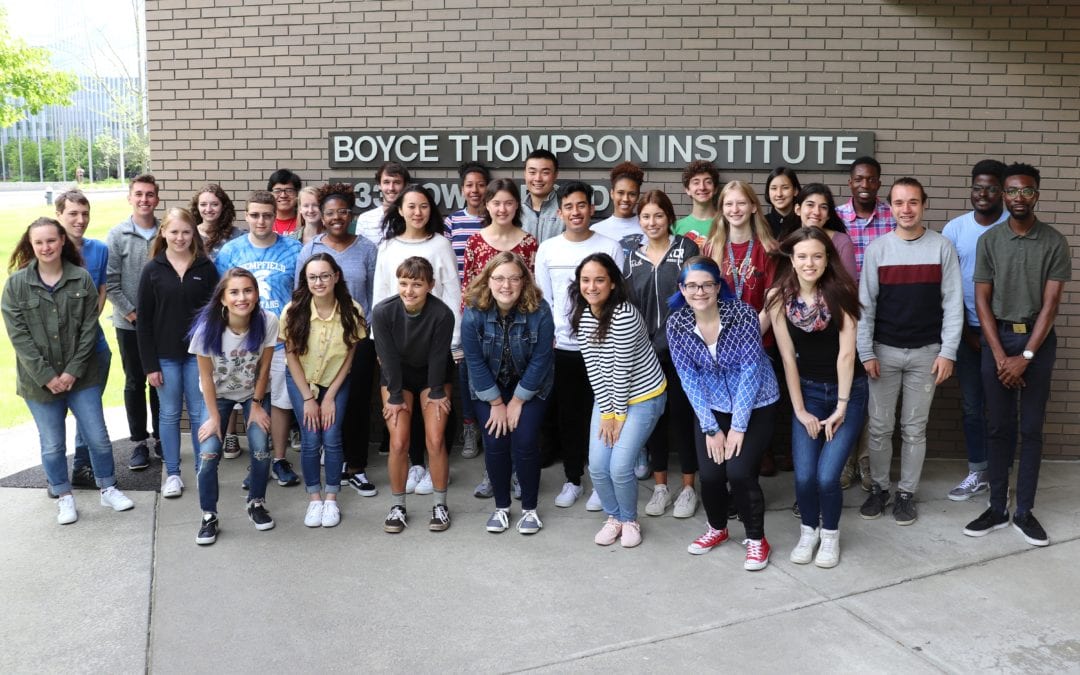
BTI Welcomes Summer Student Interns
On June 3, Boyce Thompson Institute welcomed 35 of the country’s brightest undergraduate students from universities around the country to experience the life of a researcher for 10 weeks. Eight more interns from area high schools will join the Institute for seven...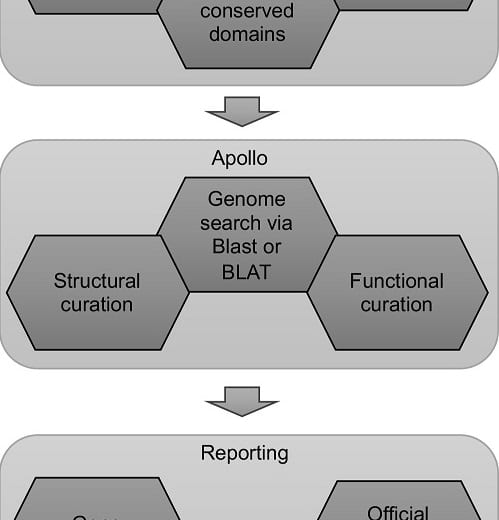
A universal framework combining genome annotation and undergraduate education
As genome sequencing becomes cheaper and faster, resulting in an exponential increase in data, the need for efficiency in predicting gene function is growing, as is the need to train the next generation of scientists in bioinformatics. Researchers in the lab of Lukas...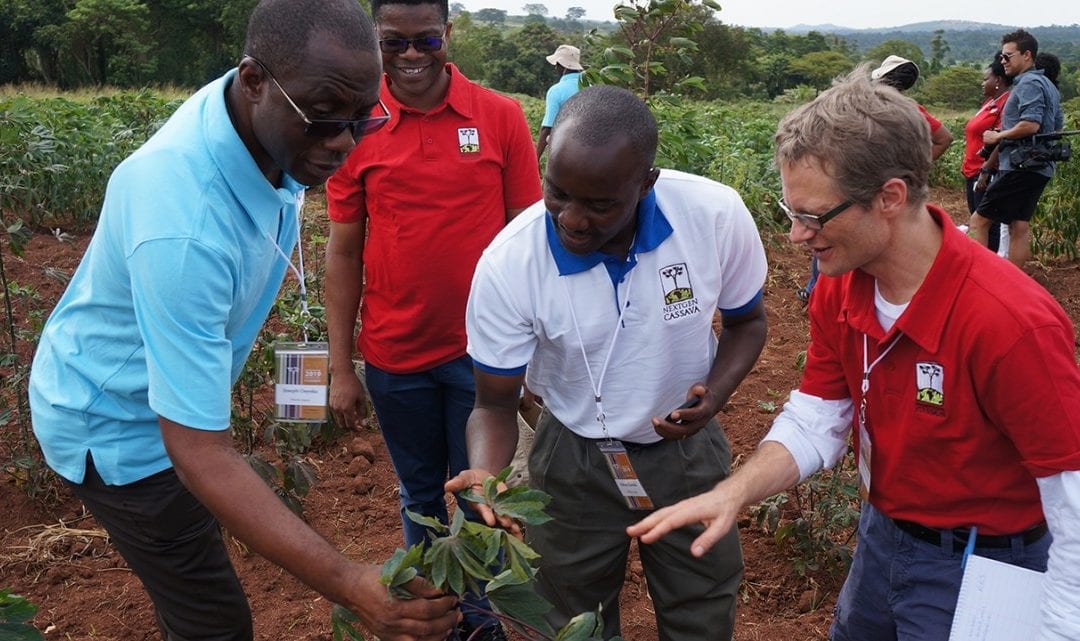
Cassava experts gather to champion ‘orphan crop’
It’s a dietary staple for millions of Africans, but cassava has traditionally received little attention from scientists and plant breeders in comparison to cash crops such as wheat and maize. However, researchers have recently been working to find cassava a scientific...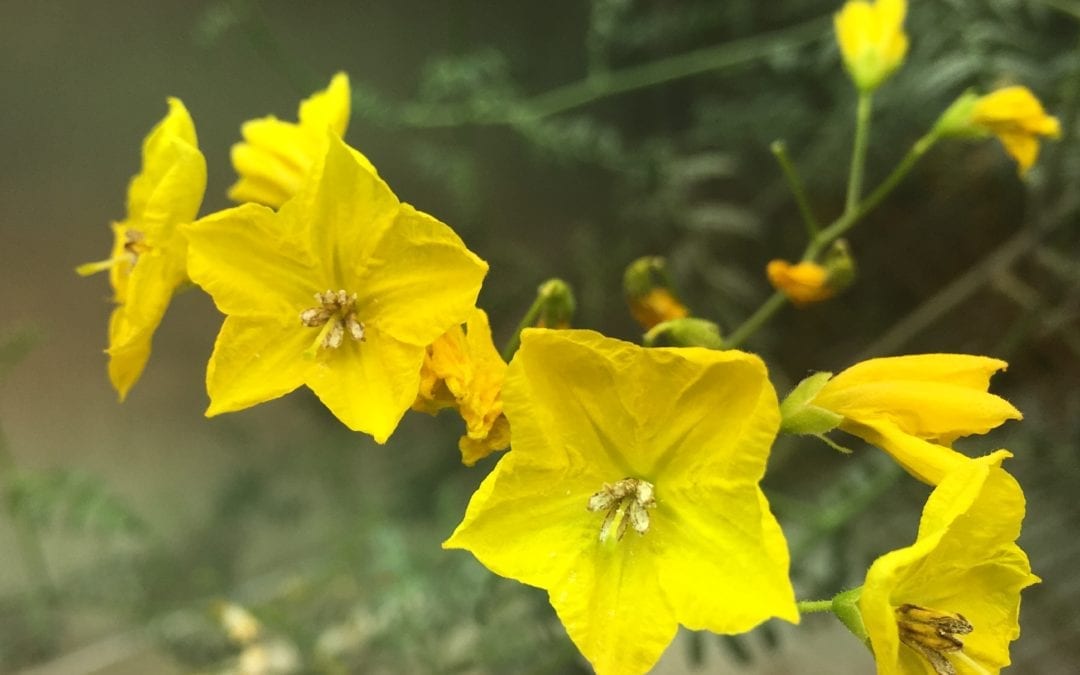
Open-access wild tomato genome offers valuable insights for tomato growers, crop scientists
The new S. lycopersicoides genome sequence offers the opportunity for innovative breeding programs that may hold the ability to confer desirable traits to marketable tomato varieties.
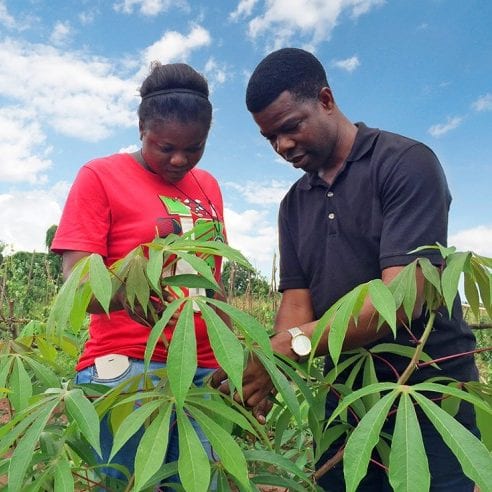
New funding supports cassava development in Africa
Cornell University and BTI will expand international efforts to deliver improved varieties of cassava to smallholder farmers in sub-Saharan Africa with $35 million in new funding from the Bill & Melinda Gates Foundation and UK aid in the United Kingdom.
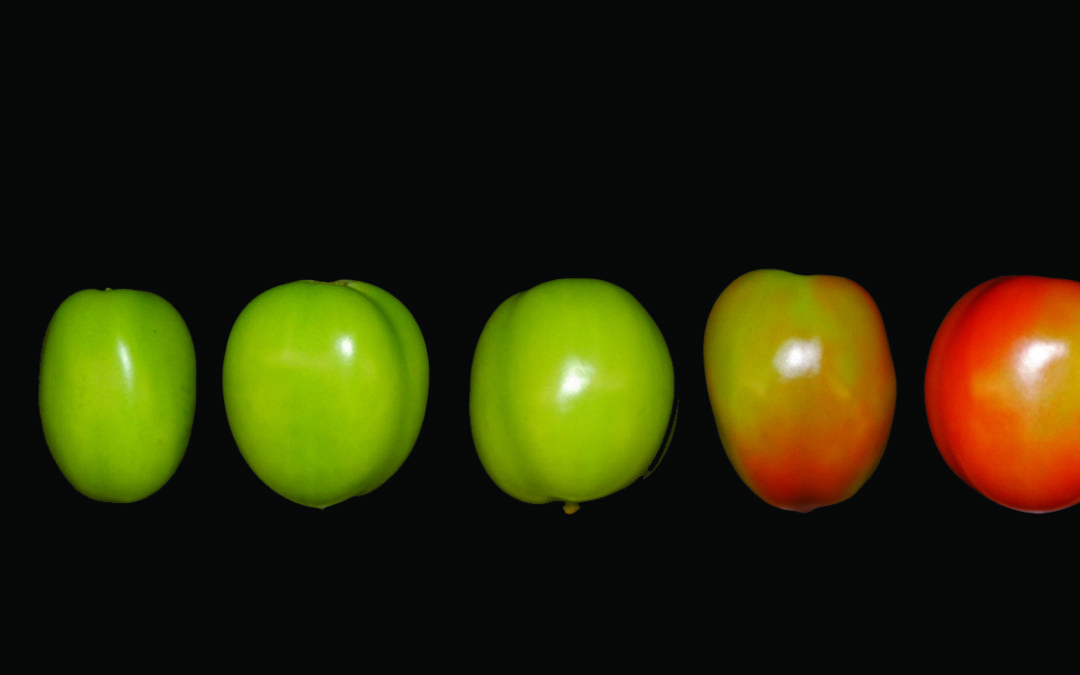
New ‘Tomato Expression Atlas’ dives deep into the fruit’s flesh
Researchers at BTI, Cornell and USDA published a spatiotemporal map of gene expression across all tissues and developmental stages of the tomato fruit – the genetic information underlying how a fruit changes from inside to out as it ripens. Their data is available in the new Tomato Expression Atlas (TEA).
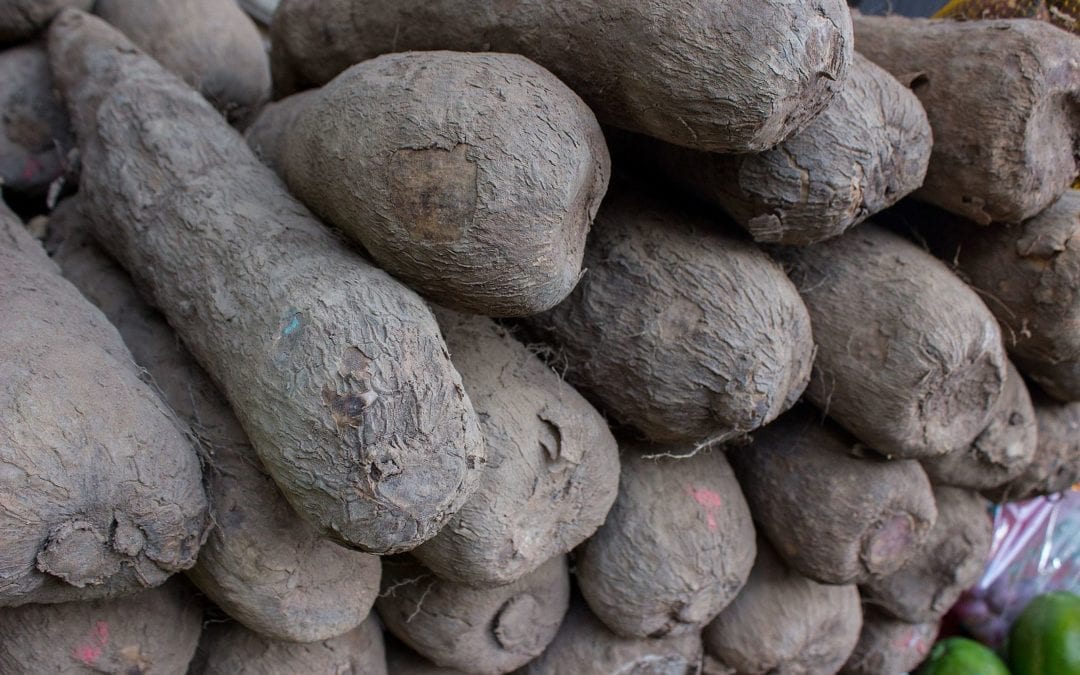
Better breeders, better yams: YamBase workshops help improve yam breeding
More than 70 participants joined in on the training sessions provided by members of BTI’s Mueller Lab, October-December 2017.
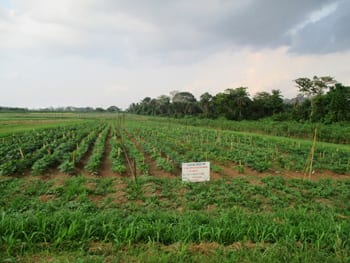
BTI’s Mueller Lab and visiting researchers collaborate to improve important crop databases
During June and July at BTI, visiting scholars from crop breeding programs in Nigeria, Nairobi, and Uganda have been working closely with researchers in Lukas Mueller’s group to discuss ways to improve the development of online resources related to two of Africa’s most important staple crops: cassava and banana.
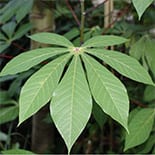
Global partnerships for improving cassava
Cassava geneticist Ismail Yusuf Rabbi from the International Institute of Tropical Agriculture (IITA) in Ibadan, Nigeria visited BTI and Cornell University last week to discuss his ongoing collaboration with NextGen Cassava.
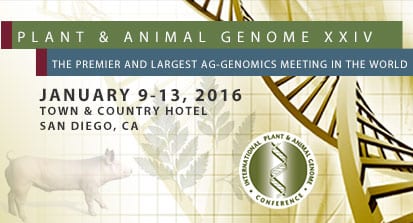
BTI researchers share latest research at ag-genomics conference
The offices of data scientists at BTI emptied out earlier this month as a contingent of researchers flew to San Diego for the 25th annual Plant and Animal Genome Conference.
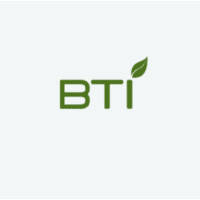
GOBii releases open-source tools for faster plant breeding
The collaboration works with breeding centers around the world to develop tools to make the process of adding a trait into an existing, high-yield crop variety more efficient.
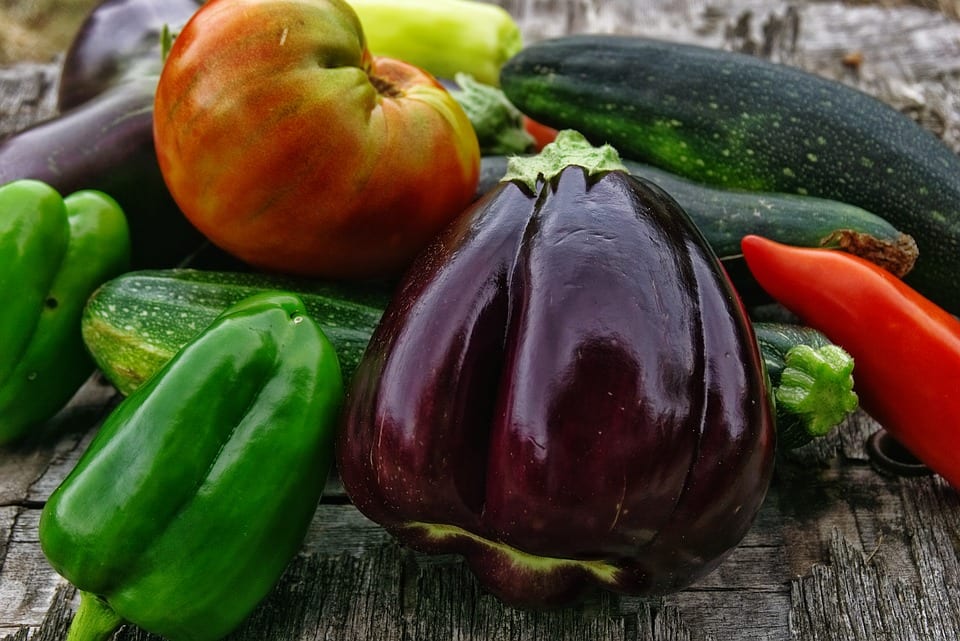
SolGenomics Meeting Has Newest Advances in Nightshades
Many BTI researchers will present their latest research at the 13th annual SolGenomics Conference, Sept. 12-16 in Davis, California.

“Hackathon” Breeds Momentum for Plant Breeding Software
An international group of computer programmers gathered at BTI to create a single interface that will connect databases from breeding programs worldwide

Students Become Gene Detectives to Fight Citrus Greening
A group of students and experts work together through video conferencing to identify the genes in the genome of the newly sequenced Asian citrus psyllid, the insect that spreads the bacterium that causes citrus greening disease.
Wild Parents’ Genomes Reveal Complex Genetic Past for Garden Variety Petunias
An international consortium of researchers has sequenced the two wild parent species of the domesticated petunia

Jonathan Gomes Selman Recognized as Distinguished Youth
Tompkins County has awarded Gomes Selman, a 2015 high school intern at BTI, its Distinguished Youth award for his numerous academic and volunteer commitments.
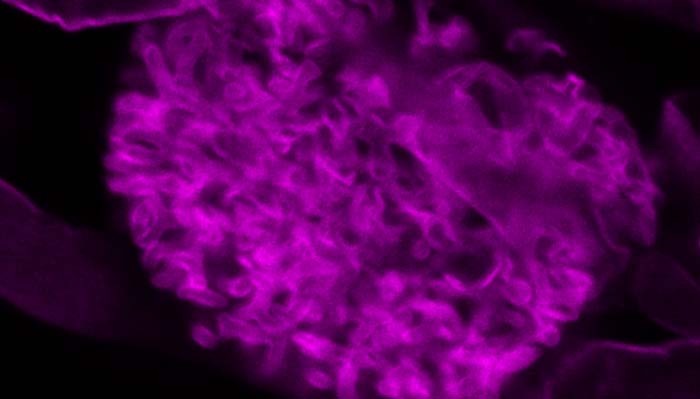
Researchers Uncover Core Set of Genes for Plant-Fungal Symbiosis
BTI researchers used a genome comparison approach to identify genes necessary for beneficial plant-fungal relationships, which may lead to better crop plants that require less fertilizer input.

GOBii Workshop Seeks Solutions to Big Data Problem
The GOBII project gathered researchers from breeding centers around the world to make a plan to develop the architecture for a genomics database for five staple crops.

From Flower to Fruit: Study Reveals Details of Tomato Formation
BTI Researchers pinpointed which genes are important at different stages of tomato fruit development by monitoring how gene expression changed in the first four days after a flower becomes pollinated.
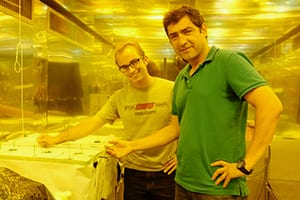
The Perks of Being a Mentor
Summer internships at BTI let students try on the life of a scientist for a few months, while attending a variety of talks, trainings and social events. But what’s in it for the mentors, who painstakingly train them?

BTI Welcomes New Crop of Summer Interns
BTI welcomes 20 college-level interns for 10 weeks of research in Plant Genome Research Program, the Bioinformatics Program or the Bioenergy Education Program.

18.5 Million Grant Will Help Bring Genomic Technology to Small Farmers
BTI Professor Lukas Mueller will participate in an international collaboration to expedite crop breeding for five worldwide staple crops—wheat, rice, maize, sorghum and chickpea.
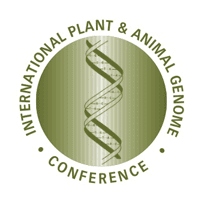
BTI at Plant and Animal Genome Conference
BTI researchers attended, presented and led workshops at 23rd Annual Plant Animal Genome Conference (PAG) 2015 in San Diego.

Transatlantic Collaboration Builds a Better Database
“Biology is becoming a data science,” said Ruiz. “Biologists need to learn to use bioinformatics tools.”

Lukas Mueller: Ace of Bases
The Yambase database will allow users to access the yam genome browser hosted by the Iwate Biotechnology Research Center in Japan and will house information about desirable yam characteristics and tools for breeders.

BTI Professors Present to Bill Gates
BTI professors David Stern, Zhangjun Fei, and Lukas Mueller were able to brief Bill Gates and his team on their Gates funded projects and issues of biotechnology and plant science while he was at Cornell on October 1, 2014.

New Bioinformatics Alliance between CGIAR and BTI
Graham Thiele, RTB Program Director at CGIAR Research Program on roots, tubers, and bananas recently met with Boyce Thompson Institute’s Lukas Mueller to plan expansion of bioinformatics platforms and databases.

$4.7 Million to SIPS and BTI for More Tomato Research
Jocelyn Rose, professor of plant biology and director of Cornell’s Institute of Biotechnology, with BTI co-PI’s Carmen Catala, Zhangjun Fei, James Giovannoni, and Lukas Mueller will research ripening mechanisms & drought tolerance.

BTI Tomato and Fruit Biology Group Awarded USDA Secretary of Agriculture Honor
BTI researchers led team that pioneered international tomato gene sequencing and genetic basis of fruit ripening. Congrats to Vrebalov, Van Eck, Mueller, Giovannoni, Fei.

Bioinformatics Progress at BTI
BTI provides bioinformatics consulting in-house.

BTI Cassavabase Project in Africa
Mueller Lab at BTI coordinates Cassavabase web site to pool data from cassava field trials in Africa to improve plant breeding.

New Website Is Portal for Nicotiana benthamiana Experimental Resources
This Nicotiana benthamiana web site shares papers, results, tools, protocols, and other materials from researchers using NB as a study plant.
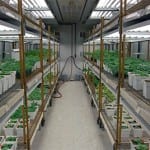
A Wild Relative of Tobacco Offers Insight into Molecular Plant Biology at BTI
The genome of an experimentally important relative of tobacco has been sequenced by US and Canadian researchers.

Cornell Receives $25.2M in Funding for Next Generation Cassava Breeding
Cassava, a rough and ready root crop that has long been the foundation of food security in Africa is finally getting the respect it deserves.

Scientists Find Clues into More Disease-Resistant Watermelons, Genome Decoded
Are juicier, sweeter, more disease-resistant watermelons on the way?
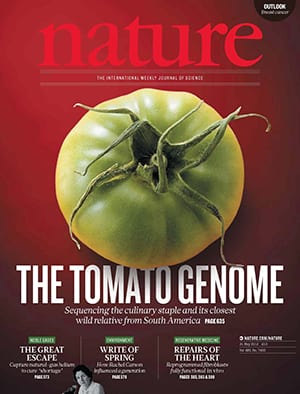
Tomato Genome Becomes Fully Sequenced – Paving the Way for Healthier Plants
For the first time, the genome of the tomato, Solanum lycopersicum, has been decoded.
